'It's nice to be back in a lecture hall'
Figures confirm that people don't stop learning after graduation
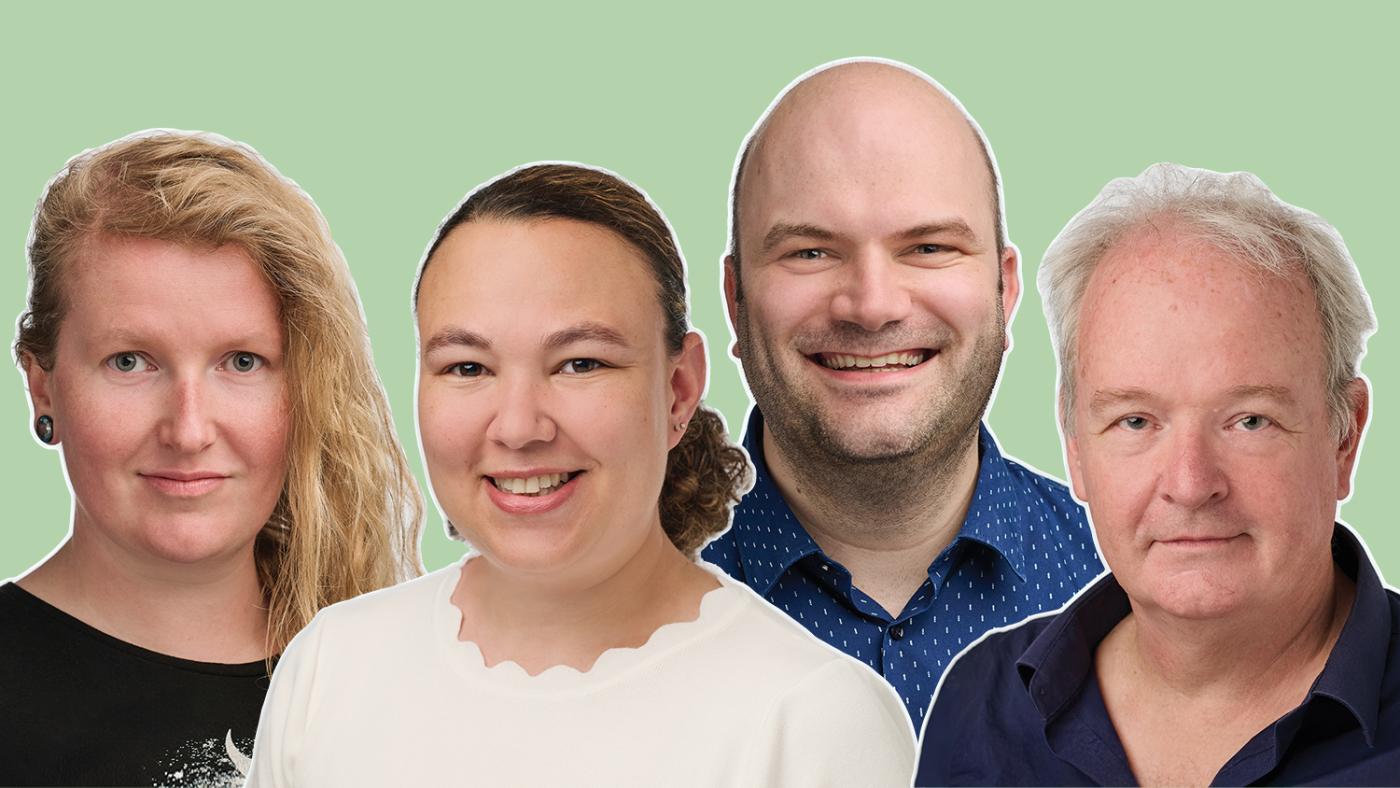
According to figures from 2023 provided by Statistics Netherlands (Dutch acronym: CBS), 13 percent of Dutch citizens aged 25 to 65 have taken a work-related course. The desire to perform better at their jobs was their main motivation for doing so, but respondents also cited general interest, changes within the company and the course being required by their employer.
Highly educated people are leading this trend. Those with higher education diplomas and aged 36 to 55 are particularly active in seeking ways to deepen their knowledge and specialise in their fields. This group also participates most actively in education, training and courses, according to a market report by research agency Nidap and a recent target group study of professionals conducted by Utrecht University.
According to the researchers, the rise of artificial intelligence, the increasing digitisation of society, and the growing complexity in the workplace are among the main reasons why people – especially those with higher education diplomas – want to learn more. Respondents indicated that they need to deepen their knowledge not only of their own fields, but of others as well, as they find themselves collaborating with colleagues outside their own area of expertise more often. Many people look to acquire leadership skills, but courses on personal effectiveness (including persuasion and negotiation) and creative thinking and innovation are among the top five as well.
People at the top of the corporate ladder, such as managers and executives, have the most learning needs as they perceive their organisations, roles and responsibilities changing. They are followed by professionals in the ICT sector, who need to stay up to date with technological developments. Human resource management and personnel affairs are in third place. For this area, the need for additional training is mainly caused by internal organisational changes. The healthcare sector, where new skills must be acquired because the work is becoming more complex and specialised, comes fourth.
A large proportion of highly educated people in the Netherlands is therefore open to continuous learning. The Target Group Survey, in which respondents were aged 23 or older, had at least a higher professional education diploma and lived in the province of Utrecht, showed that more than 70 per cent of highly educated workers, especially those with a university degree, were considering taking a course within six months.
In sectors such as healthcare, law and regulation, culture and society, and education, almost half of the respondents were considering a course in six months. However, Dutch universities are not very successful in attracting this target group. In the same survey, respondents reacted positively to the idea of studying at Utrecht University because of the quality of its education, but a significant chunk of the target group (64 percent) was not familiar with the professional courses offered by UU. This is a mismatch to be resolved.
‘I don't want to become someone I don't want to be’
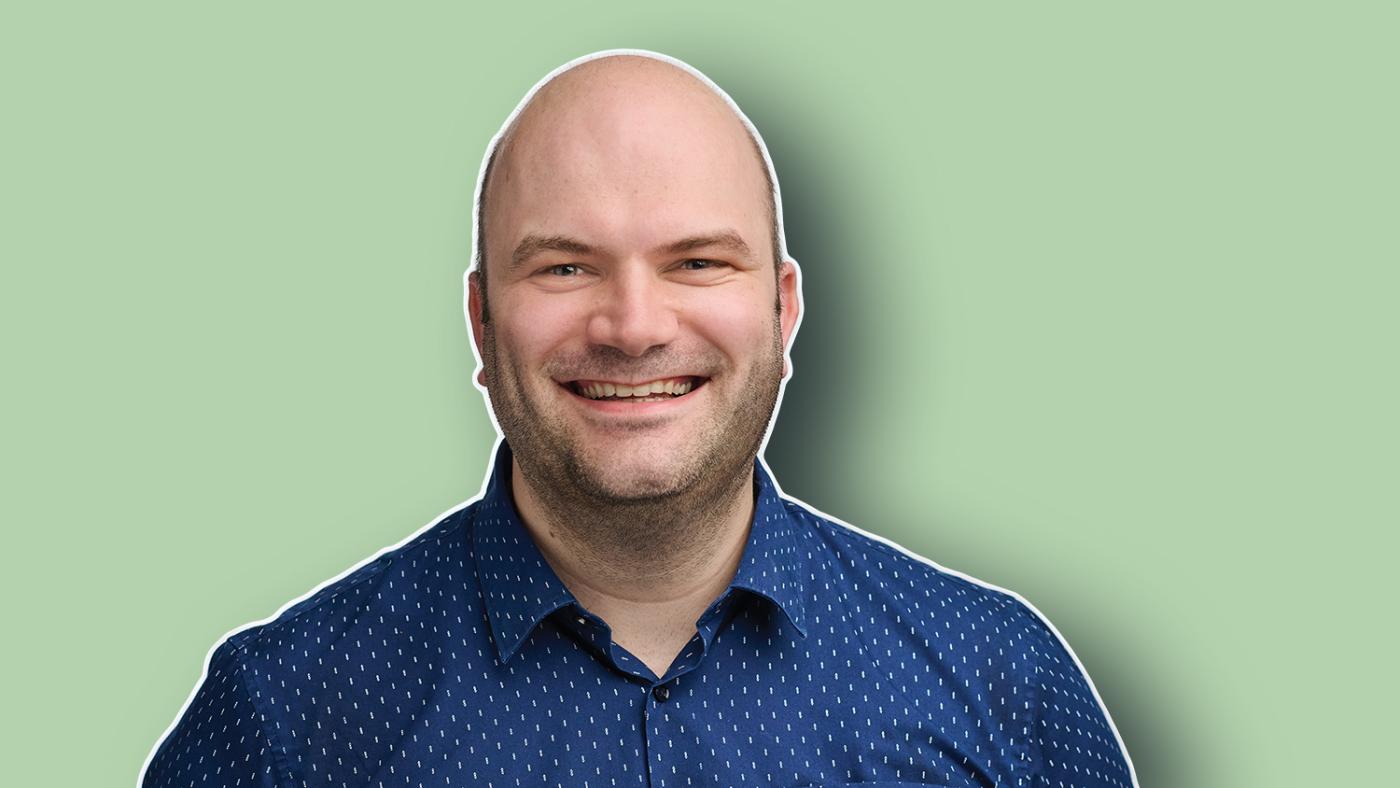
Name: Ronnie Peskens (38)
Job: Chemistry teacher in training
'I started the Chemistry Teacher Training Programme at Utrecht University (UU) as a lateral entrant at the end of January 2025 and have been teaching since September 2024. I am currently working on my first-degree teaching qualification. It took me quite a while to find the programme that suits me best. UU is a great place to study as it offers tailor-made programmes and keeps its word. Many other educational institutions see lateral entrants as guests who must adapt to things, but here, they think along with me, and I can complete everything in one year.
I worked for fifteen years as a chemist and product manager for one of the largest coating manufacturers in the world. I even lived in the United States for a while. I studied Chemistry and then did an MBA. My career prospects steered me towards the chemical industry, but education always appealed to me. I sometimes found the environment I used to work in too commercial. I was only concerned with figures and money and missed the human side of things. So, on my own initiative, I started supervising interns and small projects in secondary schools. Apparently, you can't fight your nature.
My friends and family were quite surprised when I told them I was switching to education. They thought I was crazy. You must make some sacrifices, of course. But for me, it was very clear that, if I didn't do it, I would become someone I didn't want to be. I took a few exploratory courses because finding your way to a teaching qualification is complex and involves costs. But don't let yourself be discouraged. The rewards are great if you enjoy learning new things and taking on challenges, like I do.'
‘These are relevant questions for artists’
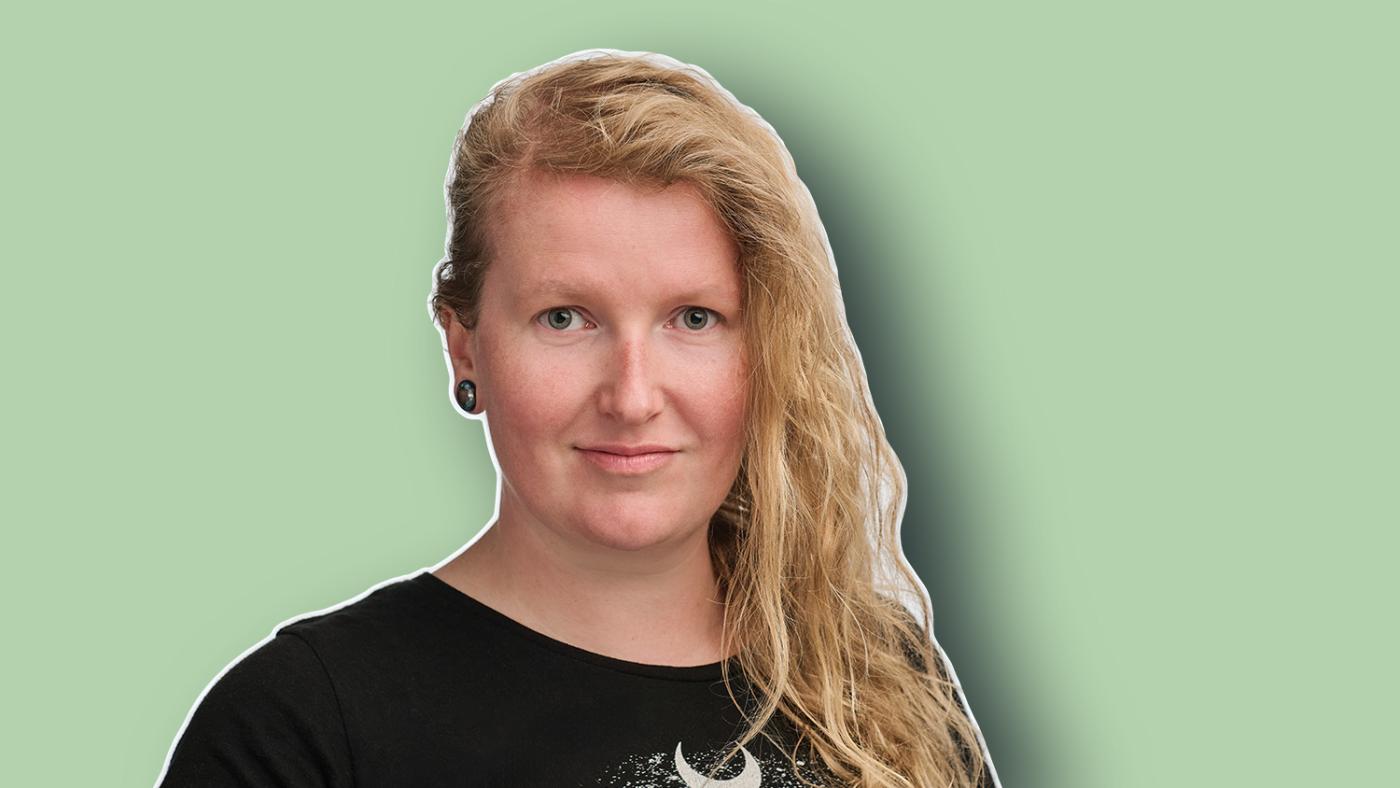
Name: Joyce Overheul (35)
Job: Visual artist
'I completed the course, The Art of Questioning, at the beginning of June. It involved four two-hour sessions, every other Tuesday evening, at the University Library in the city centre. It was very informative. I was curious about the structure and history of patronage, meaning the financial and social support that individuals give to artists, scientists or other creative people. How does it work exactly? Could I organise something with my peers? Will we still be able to get subsidies in the coming years? These are all relevant questions for me as an artist and entrepreneur.
A friend of mine asked me if I was interested in the course. That's how I found out about it. But I didn't hesitate for a moment. The location was very nice and the costs were low. As an artist, I paid 30 euros for the entire course. I believe the cost for institutions is 100 euros. It was a large group of about sixty participants, comprised of creators and people from the cultural sector. I assume the group was large because it's a topical subject. About half of them took the course online, but I always attended in person because I prefer face-to-face learning. I get more out of the course that way.
I noticed that everyone was motivated. People chose the course themselves, and you could tell. The pace was fast and there was a strict schedule, but that didn't matter. We were given a lot of useful information and regularly split up into break-out groups to share experiences. I would do it again in a heartbeat. I got my Bachelor's and Master's degrees from the Utrecht School of the Arts and have considered doing a second Master's, but the costs are high and you need to fit such an enterprise into your schedule. Short courses like this are therefore ideal, not to mention they are fun to do.”
‘I'm a course junkie’’
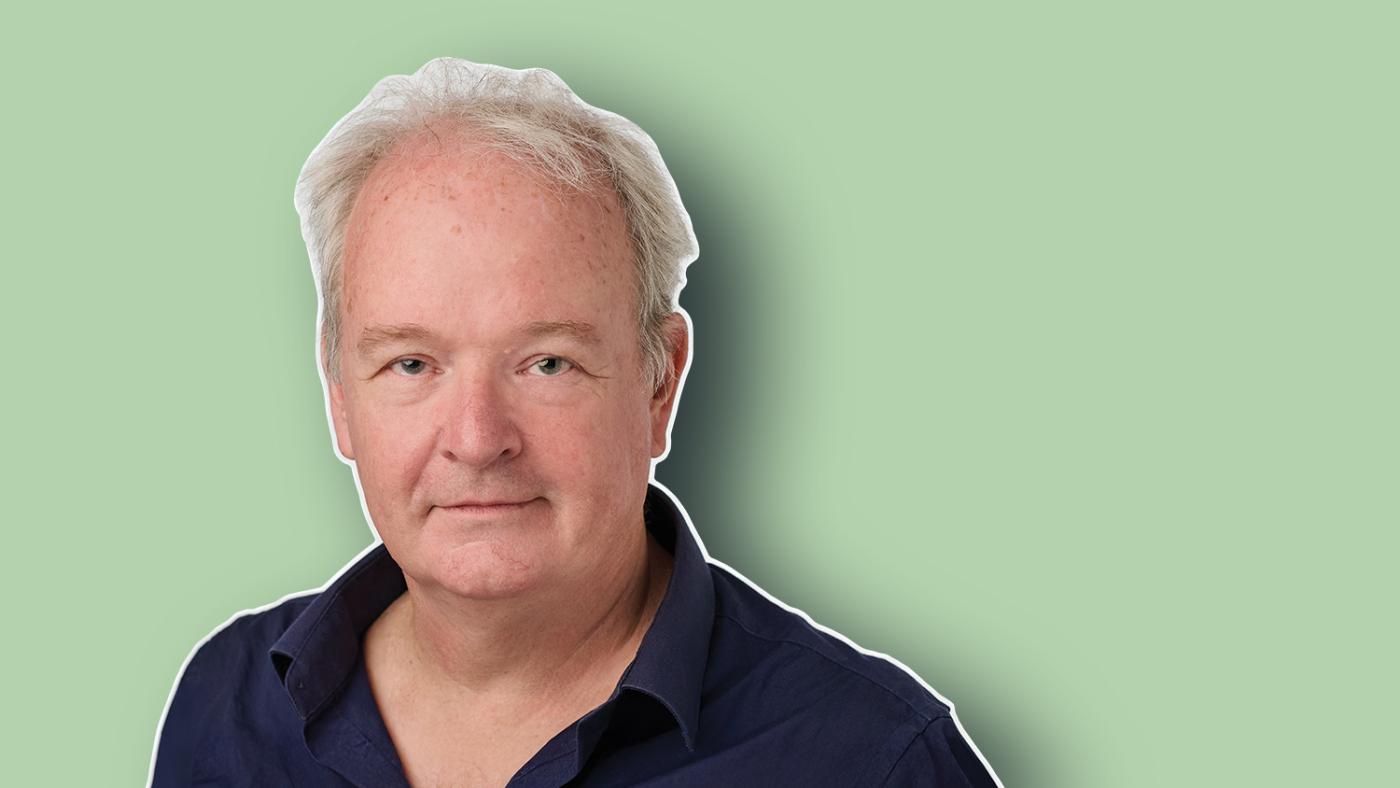
Naam: Tom Schoenmaker (56)
Beroep: Gebiedsregisseur Ruimtelijke Ontwikkelingen bij Waternet
'It has already been two years since I took the course Spatial Planning in a Changing Climate. It was the spring of 2023 at the Faculty of Geosciences. The course was six weeks long, with classes happening about once a week. I work at Waternet, on behalf of the Amstel, Gooi and Vecht Water Authority in Amsterdam. My role connects me to both rural and urban areas and all the challenges they present, which is why this course seemed very interesting to me.
The great thing about this course is that it brings two different worlds together: soil and land. The water authorities deal with the soil, the physical properties of the ground, and its management. Others, such as project developers, look at spatial planning and land ownership rights. The two sometimes clash. We are faced with the task of better coordinating these two areas, and the course helps us to do that.
The lecturers' vision was very inspiring. As far as I'm concerned, the course could have been longer. The collaboration with the lecturers and fellow students, who came from the municipality, the government and the construction sector, led to good discussions. I also made some great contacts. And the individual assignment I did at the time was later picked up by students and further developed into a minor.
I can take this type of course as part of my personal development plan at work, so this wasn't the first one I took. I'm a bit of a jack-of-all-trades in that respect. I originally studied Architecture at the Delft University of Technology and took other courses years later. I also enjoyed going back to school and walking among the students at Utrecht Science Park. It energised me."
‘I'm ready for the next step’
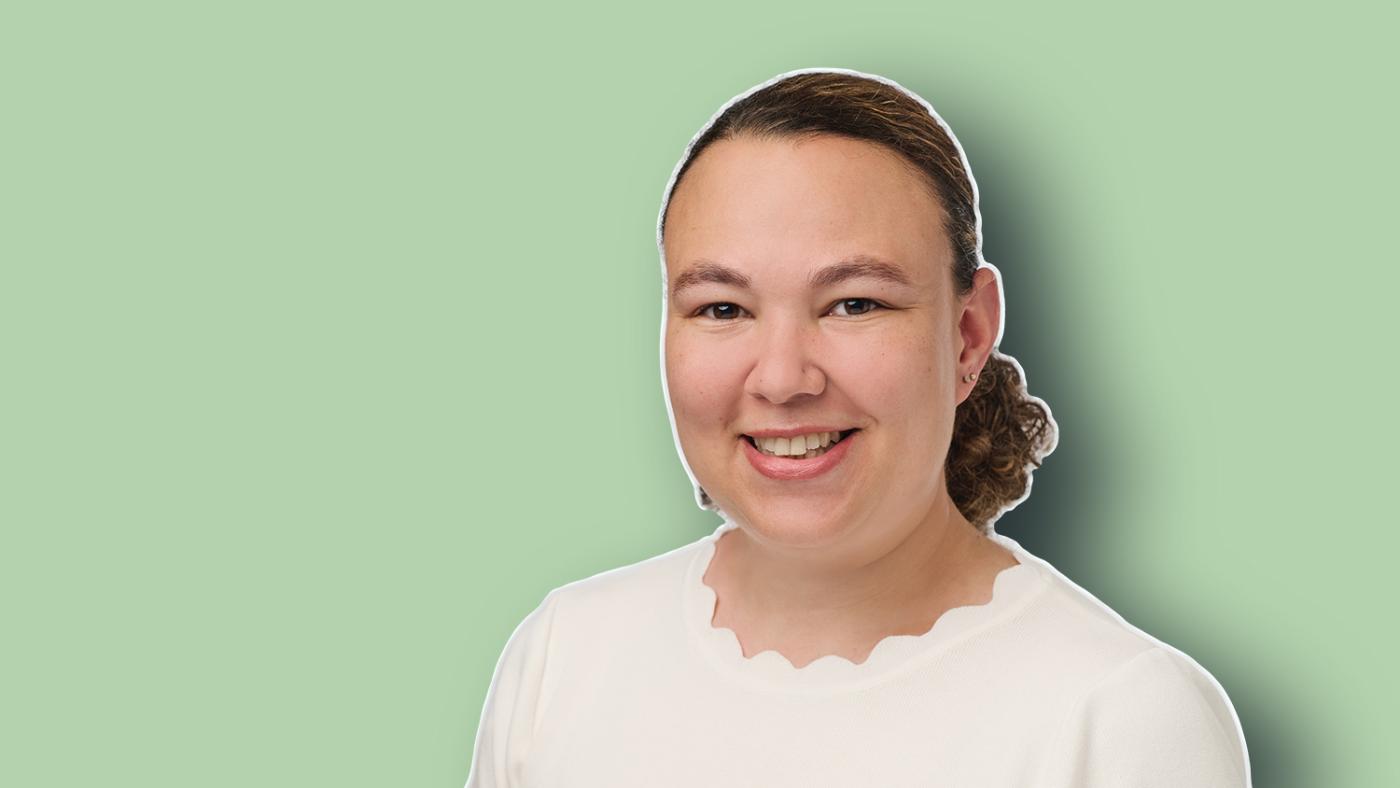
Name: Jennifer Walroud (38)
Job: Supervision Coordinator, Customer Management Customs, Arnhem Region
'In February 2024, I started the two-year Executive Master's programme in Governance & Policy for Professionals. It is an introduction to public administration and organisational structures. I am interested in the theory behind the practice. Why do things work the way they do in an organisation? But we also delve into the great thinkers and strategists, such as Plato and Machiavelli. It is fascinating to see how theories that were valid centuries ago are still applicable today.
I originally studied Industrial Engineering at the University of Twente and later did a postgraduate degree in Accountancy & Controlling. I have been working at Customs since 2016. What I do now is very implementation-oriented. It's a great job, but I'm ready for the next step. My previous manager was actually the one who had the idea. He suggested that I consider other areas within the organisation, and that's how I ended up in this programme.
I'm doing it part-time, which means about 20 hours a week for two years. Once every two weeks, I have classes all day on Friday. I also work 36 hours a week, so it's quite a lot of work, but I'm allowed to spend eight hours a week on my studies during working hours, and my employer reimburses the costs. So, this is a good fit for my career plan.
What I like is that all the classes are at the faculty in the centre of Utrecht. Online learning doesn't work for me anymore. Besides, we have a great group of 22 people, ranging in age from their early 30s to 60, and coming from different sectors. We study individually, but we also discuss things in groups a lot, so we can clearly see the overlaps and differences. For example, someone from primary education may come up with a completely different issue than I would with my background in Customs. That's very educational.'

This is an article from DUB's Lang zullen we leren! (Long may ww learn!) magazine, which was made in collaboration with Utrecht University's Continuing Education programme. The magazine can be found in several buildings of the university but all the articles from the magazine are also available online. Over the next two months, DUB's website will feature several of those articles and stories, as well as publish a few additional online-only articles about continuing education. You can find all the articles related to the magazine here.
Comments
We appreciate relevant and respectful responses. Responding to DUB can be done by logging into the site. You can do so by creating a DUB account or by using your Solis ID. Comments that do not comply with our game rules will be deleted. Please read our response policy before responding.